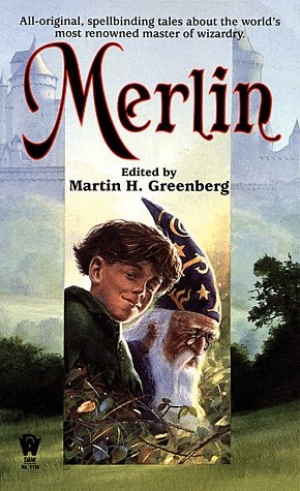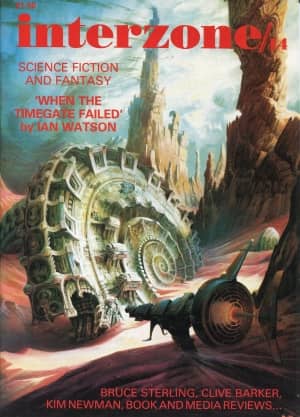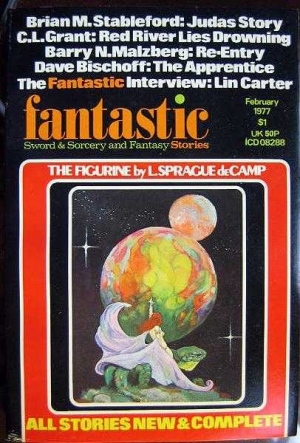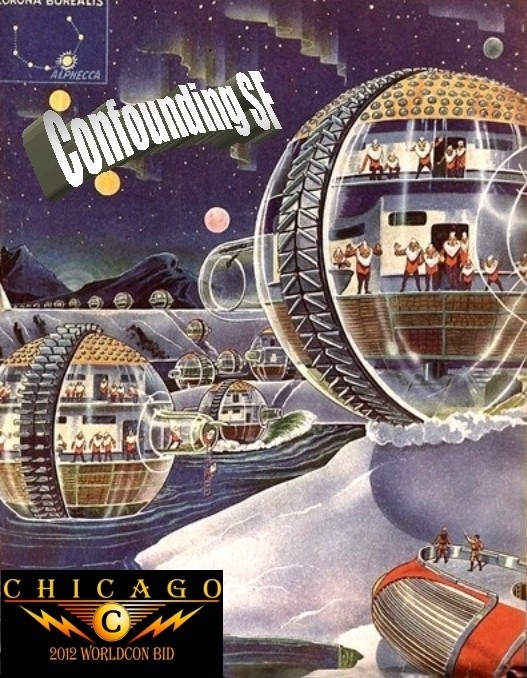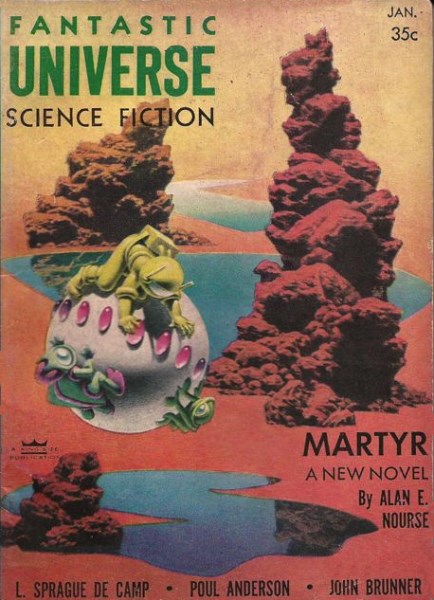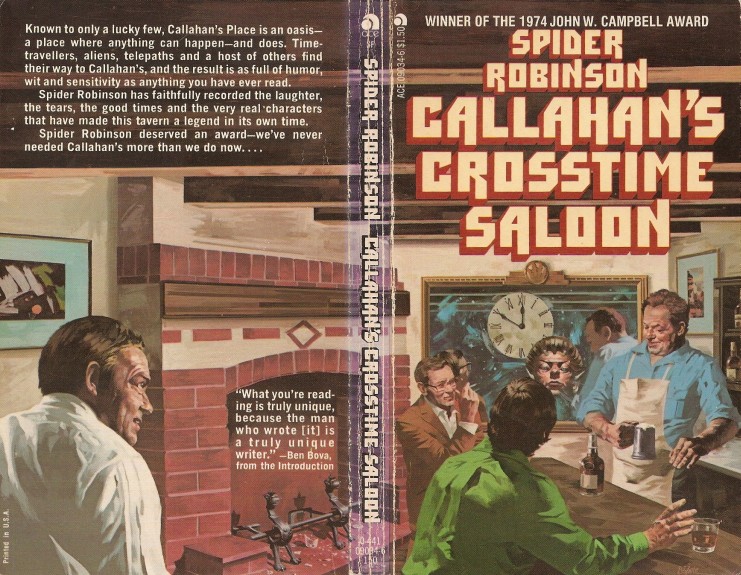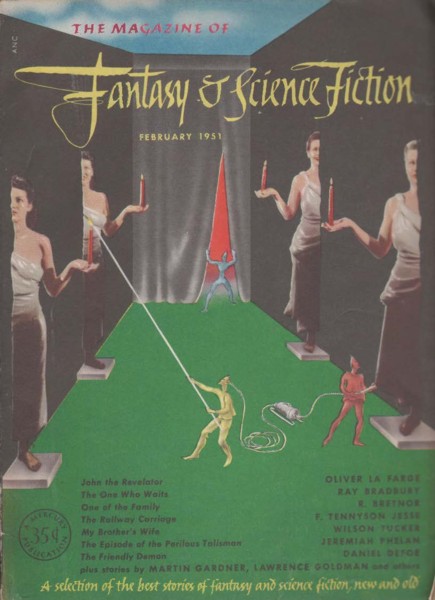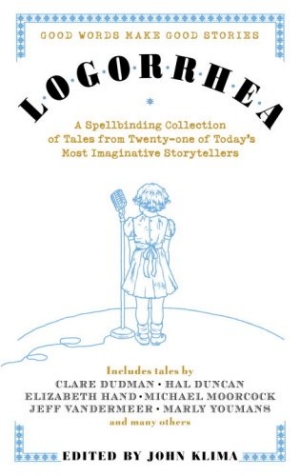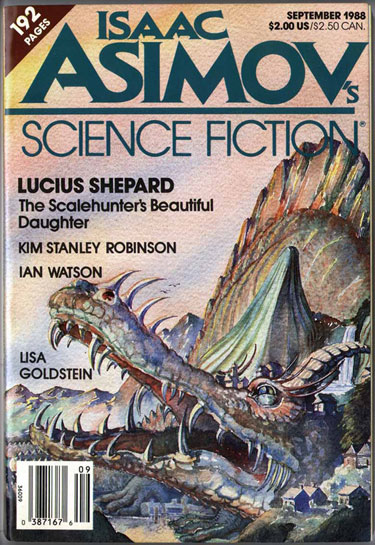Birthday Reviews: Shane Tourtellotte’s “A New Man”
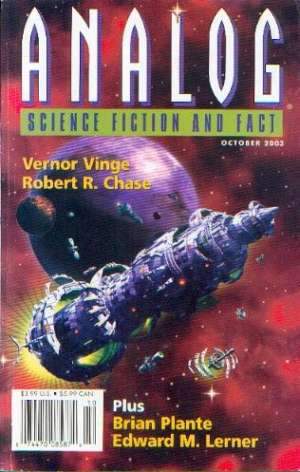
Shane Tourtellotte was born on November 30, 1968.
Tourtellotte was nominated for the John W. Campbell Award for Best New Writer in 2000 and his novelette “The Return of Spring” was nominated for a Hugo Award in 2002.
Tourtellotte has collaborated with Michael A. Burstein and edited an anthology in honor of Hal Clement.
“A New Man” was originally published in the October 2003 issue of Analog Science Fiction and Fact, edited by Stanley Schmidt. It is part of Tourtellotte’s First Impressions series of short stories and has only been reprinted on Tourtellotte’s website.
The main focus of “A New Man” is Josh Muntz’s return home after thirteen years. Muntz attacked three women, killing one of them, but was deemed insane and has spent the last thirteen years in a mental institution. A new technique has allowed the grafting of someone else’s mind onto Josh’s in order to alleviate the violent tendencies that caused him to commit the attacks. Tourtellotte looks at the impact Josh’s crimes and his return have on him and his family.
Tourtellotte gives Josh every advantage he can. In addition to the procedure, he has follow-up visits with both a psychologist and a physician who want to see him succeed. They’ve arranged for him to have a job with a boss who is happy to overlook his past if he does his job, and he has a home to live in with his still-married parents. At the same time, Tourtellotte puts obstacles in his path. While his mother is supportive, his father has a hard time accepting what his son has done and remains distant. Josh himself feels the need to apologize to his victims and their families, despite the advice of his team.
